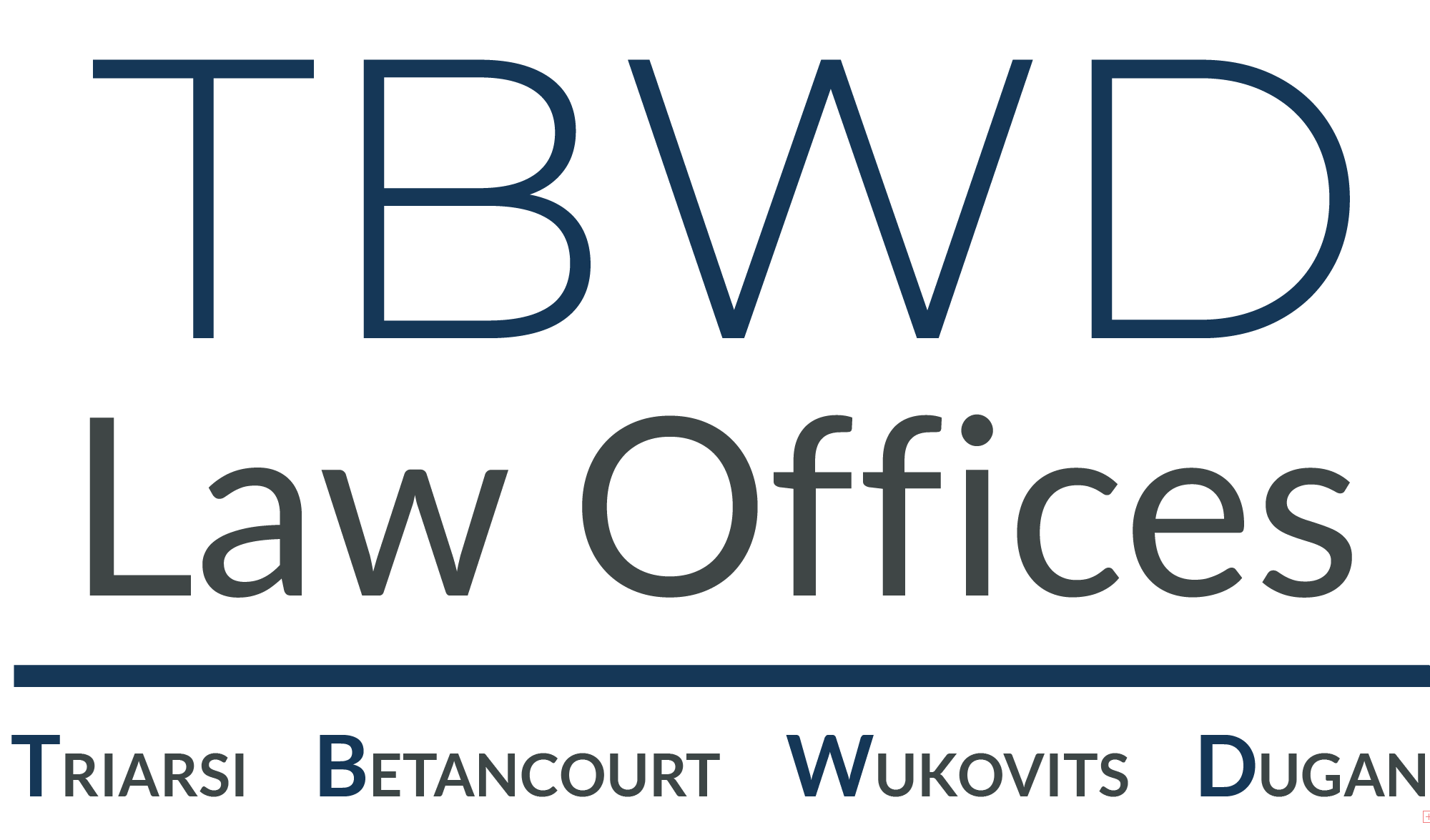The answer to the above is “maybe” after reviewing the New Jersey Supreme Court’s recent May 27, 2025 decision in M.A. v. J.H.M. In that domestic violence case, the plaintiff’s attorney had called the defendant as a witness, after the estranged wife had alleged the so called predicate offenses of harassment and stalking in her temporary restraining order (TRO). Once the defendant was called as a witness at the FRO hearing, defense counsel properly invoked his client’s privilege against self-incrimination. However, the trial court ordered the defendant to take the witness stand, swear the oath, and to undergo direct examination by the plaintiff’s attorney. Defense counsel further insisted that the Fifth Amendment privilege against self-incrimination applied because the defendant was still subject to being charged with both the criminal offenses of harassment and stalking. While trial court, again, ruled in favor of the plaintiff, the judge stayed the matter for the defendant’s decision to appeal said ruling.
Briefly, the New Jersey Appellate Division denied defendant’s leave to appeal, but the New Jersey Supreme Court later granted the leave to appeal this critical issue.
Ultimately, the Court reversed the final court’s ruling and remanded the matter for a plenary hearing. However, the New Jersey Supreme Court was of the opinion that while the Fifth Amendment does not afford a defendant “blanket” immunity in FRO hearings, a defendant may invoke the privilege against self-incrimination in response to specific questions that raise reasonable risks of self-incrimination, and that no adverse inference mat be drawn by the trial court from the exercise of that right. The court further held the Prevention of Domestic Violence Act’s immunity provision, which is contained in N.J.S.A. 2C:25-29(a), is not coextensive with the privilege against self-incrimination and is therefore insufficient to safeguard a defendant’s rights under the Fifth Amendment.
In light of the New Jersey Supreme Court’s ruling and the fact that many defendants called to the witness stand cannot perceive, recognize or understand questions that could possibly expose them to future criminal liability, it is very important to hire experienced competent trial counsel in these matters. Should a trial judge, after the FRO hearing, find an act of domestic violence was committed against the plaintiff, they have broad discretion to enter a FRO and to further order some of the following:
- Command payment by the defendant of compensatory and punitive damages for losses suffered as a direct result of the domestic violence. The court could also compel the defendant to pay these damages to the victim directly, to reimburse the Violent Crimes Compensation Board (“VCCB”) for any and all compensation paid by it directly to or on the victim’s behalf, or by reimbursing any party that may have compensated the victim.
- Direct the defendant to receive professional domestic violence counseling from either a private source or a source appointed by the court;
- Restrict the defendant from entering the residence, property, school, or place of employment of the victim or of other family or household members of the victim and require the defendant to stay away from any specified place that is named in the order and frequented regularly by the victim or other family or household members;
- Restrict the defendant from making any communication likely to cause annoyance or alarm to the victim including, but not limited to, personal, written, or telephone contact with the victim or other family members, or their employers, employees, or fellow workers, or others with whom communication would be likely to cause annoyance or alarm to the victim;
- Restrict the defendant from possessing any firearm or other weapon enumerated in subsection r. of N.J.S.A. 2C:39-1;
- Command the defendant to undergo a psychiatric evaluation; AND
- Direct virtually any other relief requested and consistent with the emergent remedial nature of the Prevention of Domestic Violence Act (PDVA).
If you or a loved one has been served with a temporary restraining order (TRO), please immediately contact me. My law firm has been very successful in defending these types of matters, including the companion criminal charges that often follow. Please also bear in mind that an individual may not seek a public defender for a final restraining order (FRO) hearing/trial despite the severe consequences of the same.

